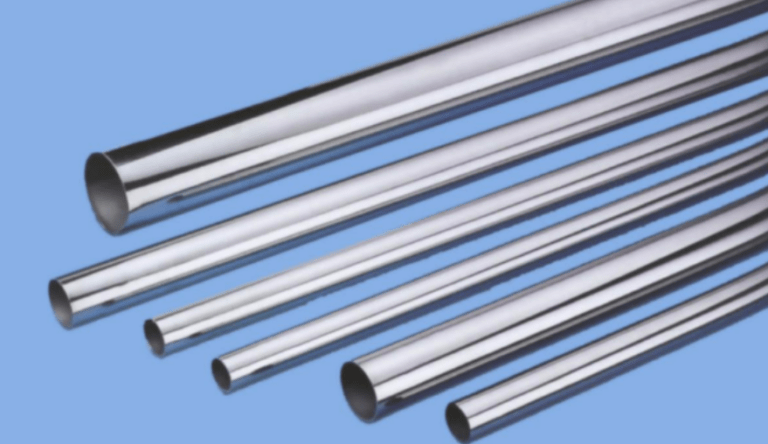Is Monel Metal Magnetic?
As a seasoned expert in the field of metallurgy from Huaxiao Alloy, I am frequently asked questions about the various properties of metals, alloys, and their applications. One such inquiry that often arises is – Is Monel metal magnetic? The answer to this question requires a deep understanding of the composition and physical properties of Monel, as well as the fundamental principles of magnetism in metals.

Monel is a trademark name for a family of nickel–copper alloys developed by the International Nickel Company. The most commonly used variant is Monel 400, which is composed primarily of nickel and copper, with small amounts of other elements like iron and manganese. The high nickel content gives Monel excellent corrosion resistance in a range of environments, making it a popular choice for various industrial applications.
Factors Affecting the Magnetism of Monel
Now, to address the question of magnetism, we must first understand the basic principles involved. Magnetism in metals is primarily determined by the presence and arrangement of magnetic atoms within the metal’s lattice structure. Ferromagnetic metals, such as iron, cobalt, and nickel, have a high concentration of magnetic atoms that align themselves in a specific way, giving them the ability to be magnetized. On the other hand, non-ferromagnetic metals, like aluminum and copper, have either a low concentration of magnetic atoms or their atoms are arranged in such a way that they do not exhibit magnetism.
Monel, as a nickel-copper alloy, falls into the category of non-ferromagnetic metals. While it contains nickel, which is a ferromagnetic element, the nickel in Monel is not present in a sufficient concentration or arrangement to make the alloy ferromagnetic. Instead, the copper content and the overall composition of Monel result in a non-magnetic material.
Furthermore, even the small amounts of iron and manganese present in Monel are not enough to significantly alter its magnetic properties. These elements, while ferromagnetic in their pure form, are present in such low concentrations in Monel that they do not contribute significantly to the alloy’s magnetic behavior.
Therefore, based on its composition and the fundamental principles of magnetism, it can be concluded that Monel metal is non-magnetic. This property makes it suitable for applications where magnetic interference could be a concern, such as in the medical imaging industry or in electronic components that require non-magnetic materials.
Conclusion
In summary, Monel metal, despite containing ferromagnetic elements like nickel, is non-magnetic due to its overall composition and the arrangement of its atoms. This understanding is crucial for correctly selecting and using Monel in various industrial and technological applications where magnetic properties are a key consideration.
Thank you for reading our article and we hope it can help you to find the answer to the question – Is Monel metal magnetic? If you are looking for Monel Alloy suppliers online now, we would advise you to visit Huaxiao Alloy.
As a leading supplier of high-temperature alloy products from Shanghai China, Huaxiao Alloy offers customers high-quality Monel 400 Alloy, Monel 405 Alloy, Monel K500, Inconel 625 Alloy, Inconel 602 Alloy, Inconel Alloy 600, and Inconel Alloy 601 at a very competitive price.



